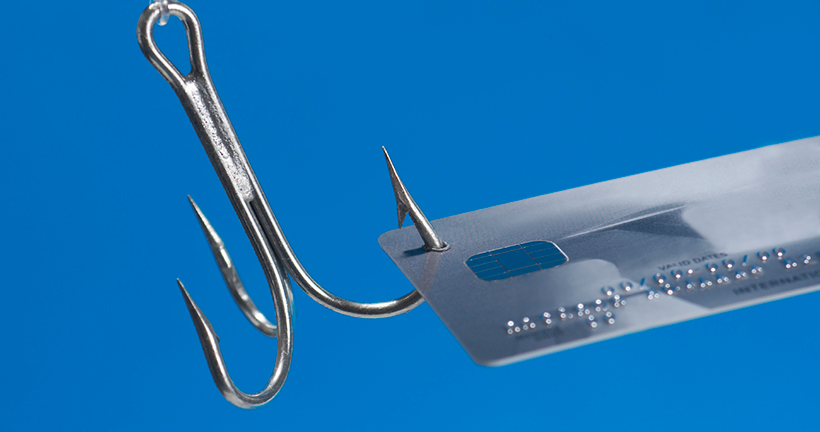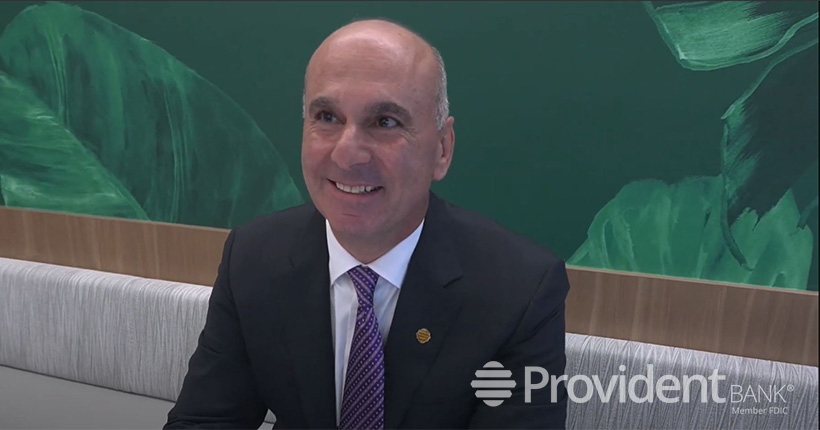
FDIC-Insured - Backed by the full faith and credit of the U.S. Government

FDIC-Insured - Backed by the full faith and credit of the U.S. Government
 VIEW ALL EDUCATION & INSIGHTS
VIEW ALL EDUCATION & INSIGHTS
May 30, 2014
The Artful Dodger’s Guide to Credit Card Fraud

Credit card fraud? That’s a problem for the consumer, not small business, right? Wrong.
Credit card fraud affects everyone. And it probably never occurred to you to even worry about it. But consider this:
Fraudulent credit and debit card payments cost U.S. businesses $4.87 billion in 2012.
That’s no small number, and you can’t afford to ignore this threat.
But with the growing volume of card-not-present (CNP) transactions (online, mail order, call, and service centers) and the increasing frequency and sophistication of hacker attacks, how do you make sure fraud doesn’t happen to you?
We asked a pint-sized pickpocket to weigh in. Credit cards may not have been around when the Artful Dodger - the cleverest of Fagin’s boys - was working his scams, but he still has a few lessons to teach us - in thieves’ slang. But we might have to “jappen his trotter case” first. In layman’s terms, that means to shine his boots.
The Tricks of the Trade
Credit card fraud occurs when a thief purchases goods or services with a fraudulent card. If you unknowingly accept these payments, you may lose the cost of the goods. Plus, you might have to pay charge-back fees to the legitimate cardholder.
Fraudsters are sneaky and insidious and use a technique that the Artful Dodger is more than familiar with: the art of misdirection. But he assures us that every con artist, no matter how good, leaves a trail. Don’t be as oblivious as poor Mr. Brownlow with his snatched handkerchief. Instead, be on the lookout for these suspicious scallywags:
High Rollers – Large or expensive orders are a huge red flag. Fraudsters try to turn a profit by selling your inventory before the credit card company can detect the scam.
Window Shoppers – Buyers who promise to place large orders but then ask for a detailed product list are usually not on the up and up.
Road Runners – Rush orders can be a big no-no. Just like the most agile pickpockets, credit card scammers try to do their dirty work as quickly as possible.
International Shoppers – Not everyone across the pond is a shady character, of course, but international orders do require closer scrutiny because crooks know that international fraud may take several weeks to detect.
Button-Lips – Buyers who give you inaccurate information or no information at all are usually hiding something.
Jason Bourne's – If a buyer has a case of identity confusion (billing address that doesn’t match the address on file or different shipping and billing addresses, especially a U.S. billing and foreign shipping address) you may have a problem on your hands.
Returns to Sender & Charge Backers – Be wary of customers who pay by credit card and ask for a refund payable by money order or wire transfer and customers who claim they never received the product and insist on a charge back.
Fraud Bobbies
At the end of Oliver Twist, the good guys have once again put everything to right: Bill Sikes and Fagin are hanged, the Artful Dodger is caught by the bobbies (police) and arrested for theft, and Oliver lives happily ever after with Mr. Brownlow and the Maylies.
We know that Oliver’s tale sounds too good to be true, but when it comes to credit card fraud, you can catch the crooks in the act. Employing these methods may help:
In-Person Fraud
- Check for the magnetic stripe on the back of the card.
- Make sure the card is not expired.
- Compare the signature on the receipt to the signature on the card.
- Do not accept unsigned cards.
Card-Not-Present Fraud
- Implement address verification (AVS) and card code verification (CCV).
- Require the cardholder’s complete information: name, address, ZIP code, and phone number, before shipping.
- Install a fraud detection service (typically offered by your credit card processor) that blocks suspicious transactions based on pre-determined factors.
- Call the number on file—fraudsters never leave a real phone number.
Point-of-Sale (POS) Fraud
Exceedingly common, POS fraud describes the theft of customers’ credit card information directly from your POS system. Small businesses are particularly susceptible to the “smash and grab” technique, a combination of algorithm password guesses and malware attacks. In order to protect your customers’ data, it is crucial that you upgrade or replace your system. Ensure that your POS system is:
- PCI compliant. This is the standard security requirement to accept credit and debit cards.
- EMV compatible. This new technology uses embedded microchips to protect against counterfeit cards.
- Integrated with the cloud. The cloud is more convenient, secure, and provides businesses with back-up data in case of crisis.
A Little Help from Your Friends.
It is essential for small businesses to rely on a trusted financial advisor to help them identify, prevent, and mitigate the risk of credit card fraud. Experienced financial institutions, like Provident Bank, can provide the right solutions to protect your business for the long term!
*This is the second installment of "Safeguarding Your Business," a series that educates you on how to stop defending yourself against external business threats. It will help put you in a position of offense, where you can start thinking strategically about your business. If you missed the first article, you can find it here.








 Views
Views


 Views
Views

 Go Back
Go Back











